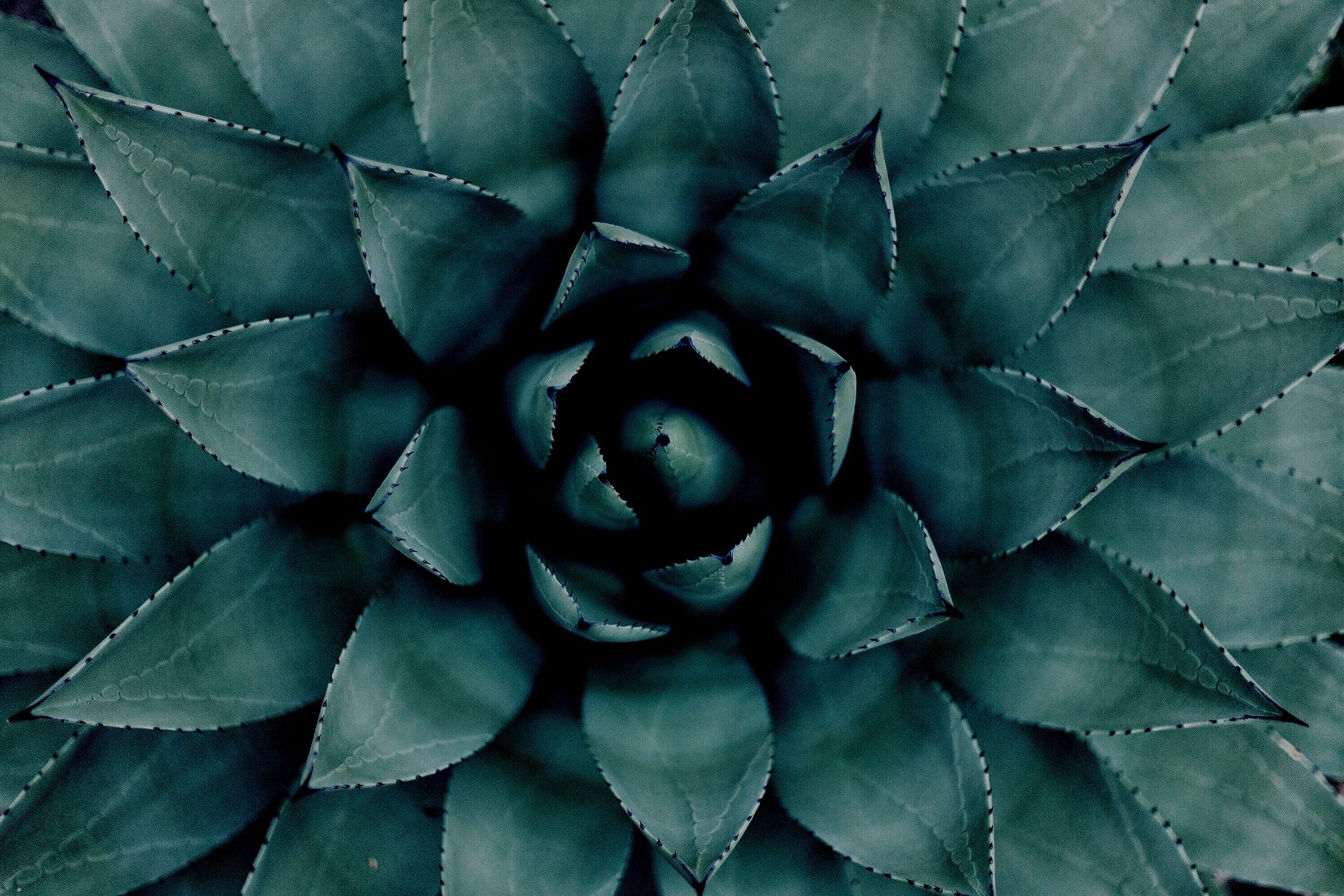
Well+Being Holistic Mental Health
Emotional Health & Wellness Tips From The Therapy Couch And Other Places

The Healing Power Of Relational Psychotherapy
We are all born with unique attributes and qualities. If we are fortunate enough to have optimal circumstances and nurturance along the way, we develop into secure adults. Adults with secure attachment and relational capacity are able to have meaningful experiences and relationships. They feel safe in the world and with others. Secure individuals are free to thrive.
As it turns out, most of us have had more adversity than is helpful. While some adversity makes us strong (we develop skill and resilience), too much adversity threatens to overwhelm us. It interferes with growth, because we are unable to feel safe, explore the world and develop adaptive coping strategies. Reduced capacity to cope naturally leads to anxiety, depression, addictions, compulsions, eating disorders and other troubling symptoms. When symptoms and poor coping takes over, our ability to establish healthy relationships, maintain those relationships and function well in the world is diminished. Sometimes we are fortunate enough to make an important connection to begin the healing process. The therapeutic relationship is one way to begin to heal.
Mental health seems to be experiencing a time of less stigma and greater awareness. People seem to feel safe sharing their mental health struggles on social media. The pandemic certainly led to an increase in loneliness, isolation, anxiety and terror, which led many to seek therapy and counseling, sometimes for the first time. This exploration to find a therapist also led to a great deal of confusion. With so many potential therapists and different therapeutic orientations, the big question becomes, “what’s the right type of therapy for me?”
Many want a quick fix as they enter therapy. Of course, short-term models that offer skill building and concrete interventions have their place. The problem with this strategy is that it rarely moves the needle when it comes to true healing.

On Well-Being
Human well-being and the ability to flourish is only possible when we feel safe and secure in the world. When this basic need to feel safe is not met, our sympathetic nervous system is activated, and we default to and inhabit a “fight or flight” stress response. In flight-fight, anything not essential for immediate survival is turned off—this includes the immune system, the digestive system, the human growth and reproductive systems. When these systems are turned off for too long, or are turned on and off too frequently, they break down, leading to the illnesses of modernity: diabetes, heart disease, infertility, obesity, anxiety, depression, autoimmune diseases, sleep disorders, and on.
This activated stress response can lead to detrimental changes in the structure of the brain and negatively impact emotional regulation, attention, concentration, and memory. Psychologically, when in the stress response, we pre-consciously sense our very survival is at stake, and in this activated state, the natural state of being open, relaxed, and receptive is not available to us. Instead, we are vigilant and tense, psychologically defensive and contracted. In

Successful Couples Do (And Don’t Do) These Things
Couples who create successful and mutually satisfying relationships often have a formula for success. These dynamic couples have some important skills, and consistently make thoughtful, conscious choices that lead to enhanced closeness and connection.
They do (and don’t do) certain things, which is why they enjoy a stable and robust relationship. John and Julie Gottman of the Gottman Institute, known for their extensive relationship research, would call these smart couples "masters" of relationships.
If you desire a dynamic and loving relationship, you may want to consider being mindful of the following elements that create a loving and successful relationship.
Let's begin with what NOT to do:

